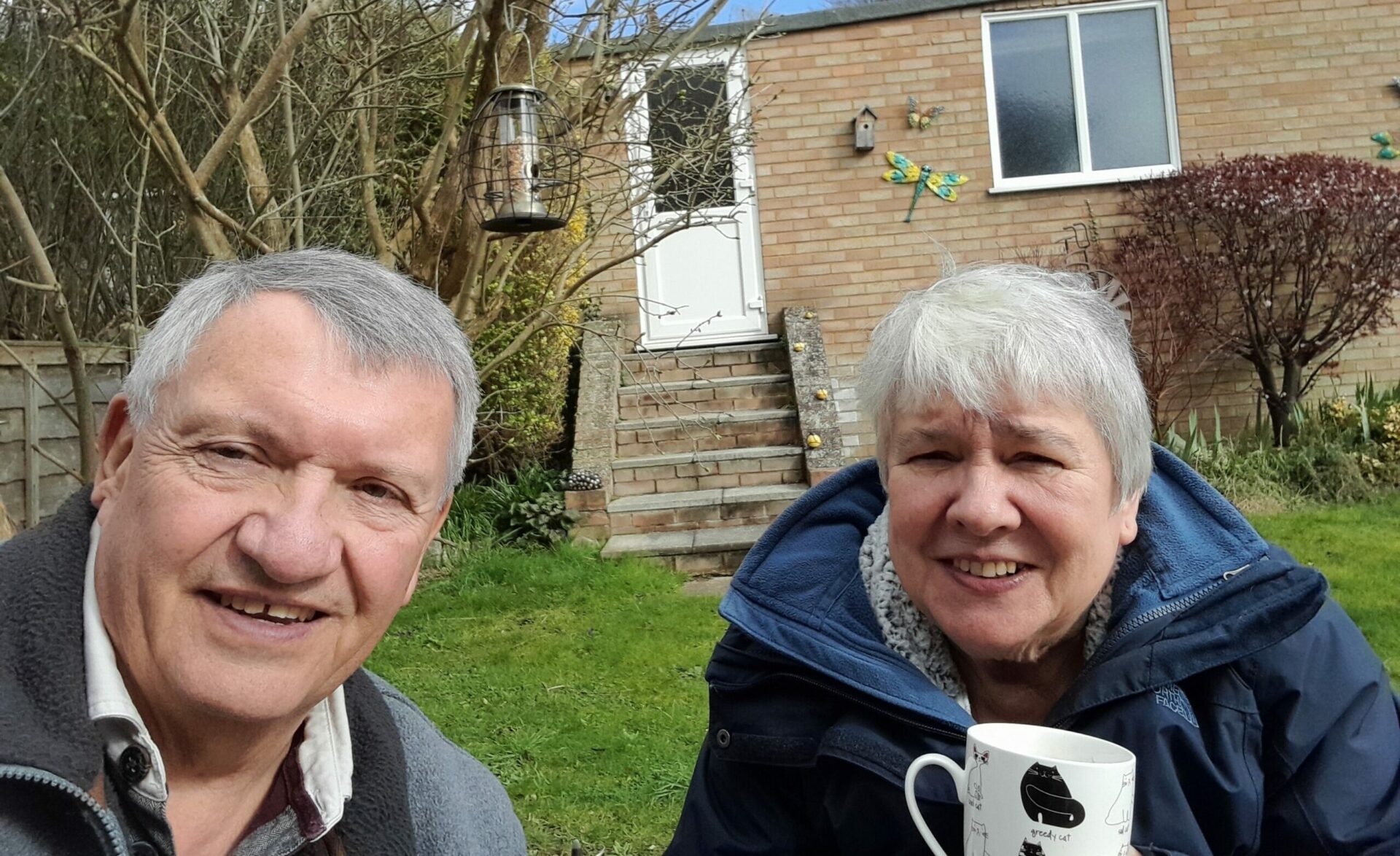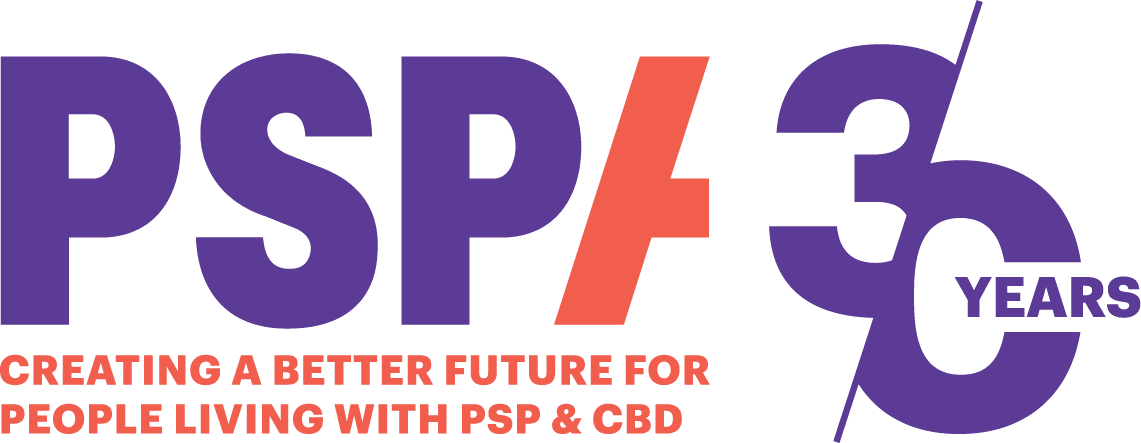DANNY’S STORY
We often hear about the delays people face when seeking a diagnosis for the unexplained symptoms that develop. But what about accessing much needed support before or after a diagnosis?
Danny shares his experience of delays to receiving support as a carer and for his wife, Christine, who is living with PSP.
“In 2022, Christine’s symptoms progressed and she began falling more frequently. You’d just suddenly hear a horrible thump and you couldn’t rush there fast enough to find out how serious her fall was. Around the same time as her PSP diagnosis, she was also diagnosed with osteoporosis, so my biggest fear was Christine falling and breaking a bone and possibly need to be hospitalised. It was a very anxious and stressful time as I felt I couldn’t leave her alone for more than half an hour or so.
I was referred for a carer’s assessment by the nurse practitioner at my GP surgery. It was three months before I had an acknowledgement of my application. You feel completely forgotten and worry if the process is working properly as you are not even sure you actually are on the list; then out of no where they ring and say they want to come around and see you. The visit took a further three months to happen, and that was supposedly being fast tracked due to Christine’s symptoms worsening. So, it was six months wait in total.
We do have family and friends locally, who come and sit with Christine for an hour or two so I can pop out. But I needed more support. Christine struggles to even get around the house using a walking frame, and she is still at risk of falling backwards.
For a few months, I ended up paying privately for a personal assistant (PA) for Christine. The support wasn’t that great though. I didn’t really feel she used her initiative and I had to keep telling her what to do, even to help with the obvious jobs around the house and the things Christine needed for her care.
“It was a relief when following the assessment, I was finally told I was entitled to receive nine hours a week support, which would give me some much-needed respite care. This new support came in the form of Emma, a council funded PA. They set up a direct payment system for me, which allows me to pay Emma directly when required.
Emma is very helpful, and she has as good as become a friend of ours now. She always asks what needs doing and offers to get me a meal ready if I have been out. The only thing she can’t do is administer any medication but she does virtually all the household jobs that I would have to do.
At the moment this level of support feels like enough. But I know the time will come when more support is needed. You see it at PSPA’s Support Groups. They are a great source of company and information, but it was initially a shock to see people in the more advanced stages of the condition. This time, when things begin to change, I will be quicker at reaching out for help, knowing how long it took to receive a response the first time around.”


